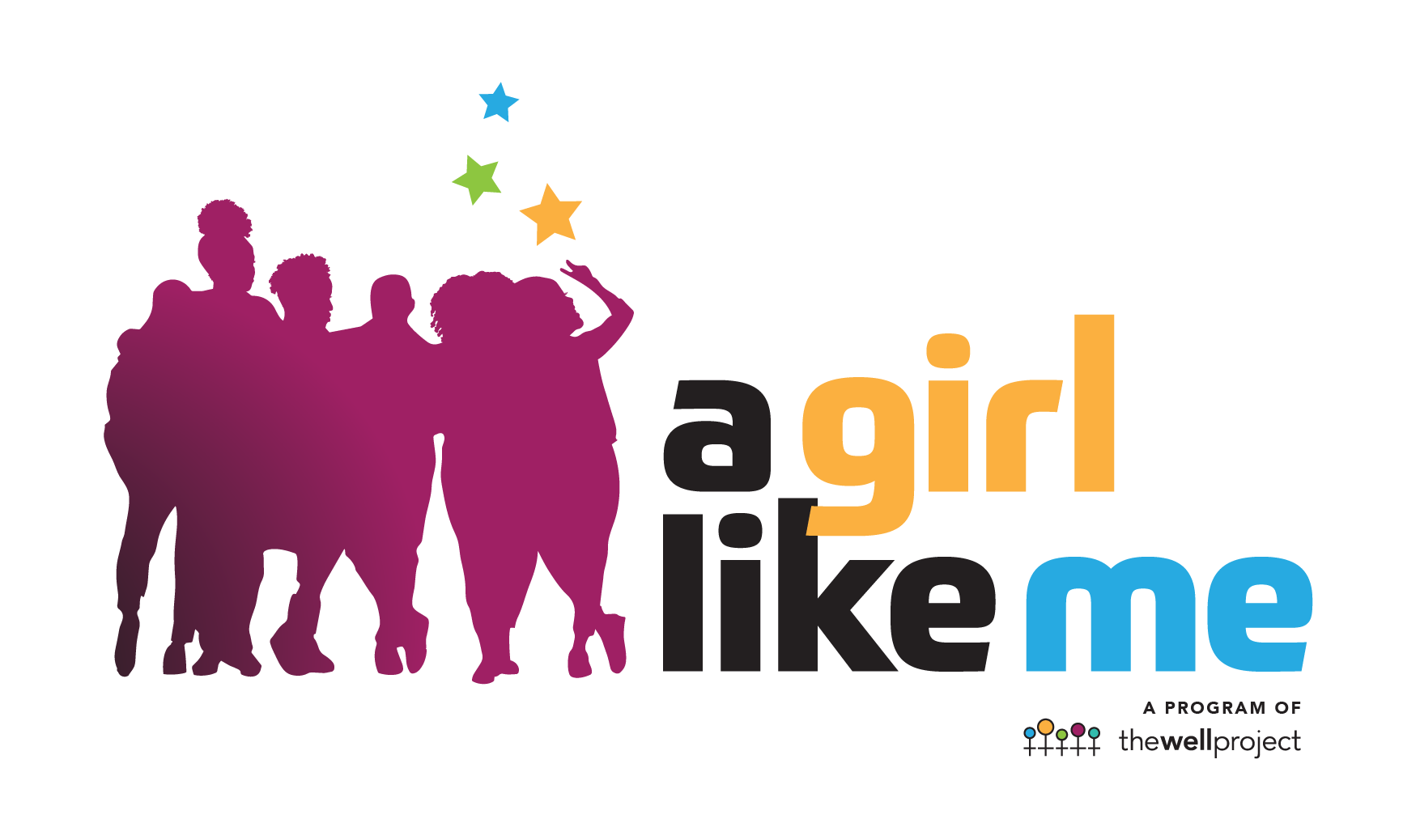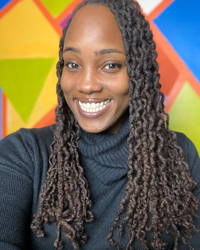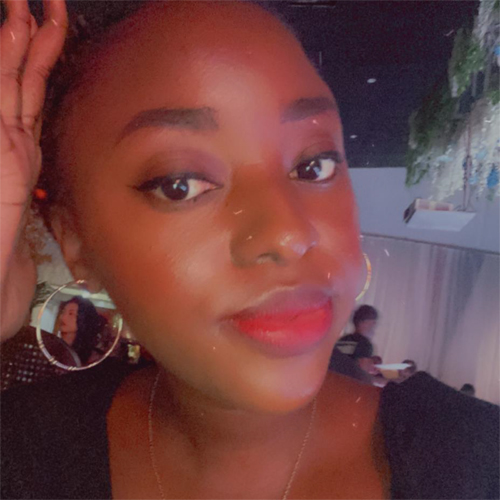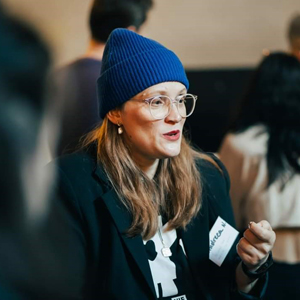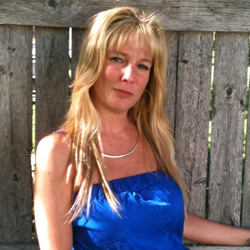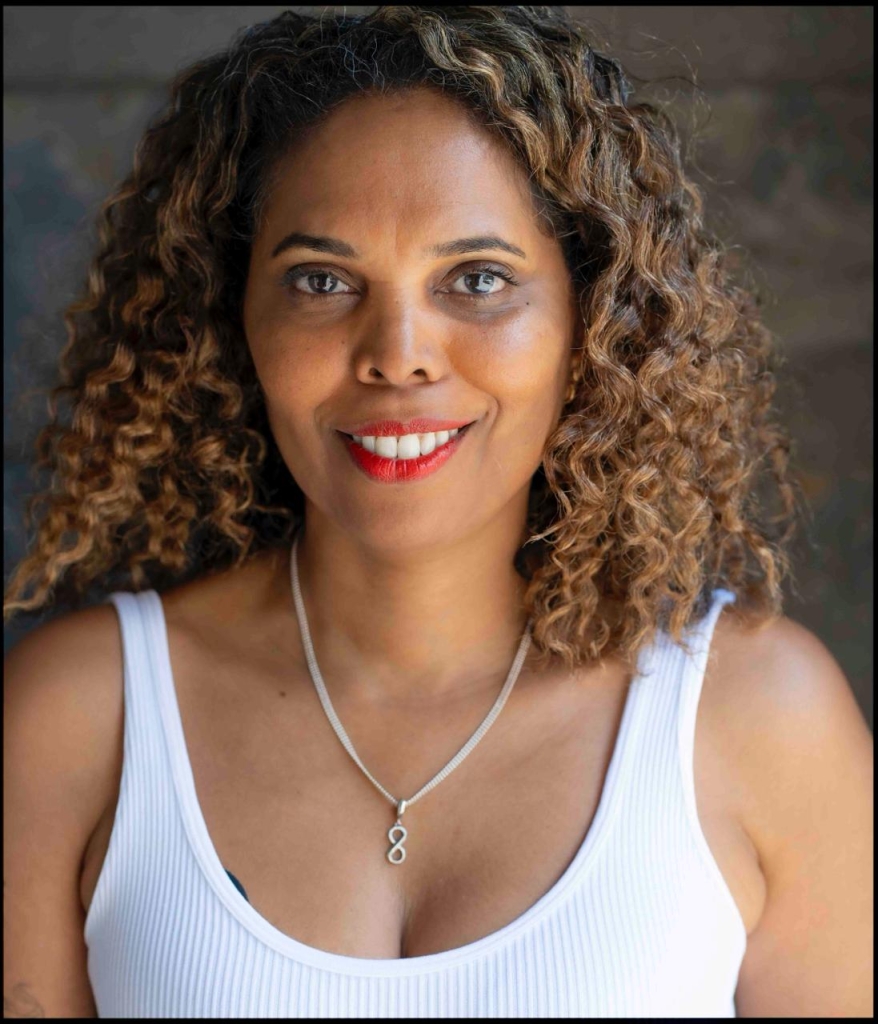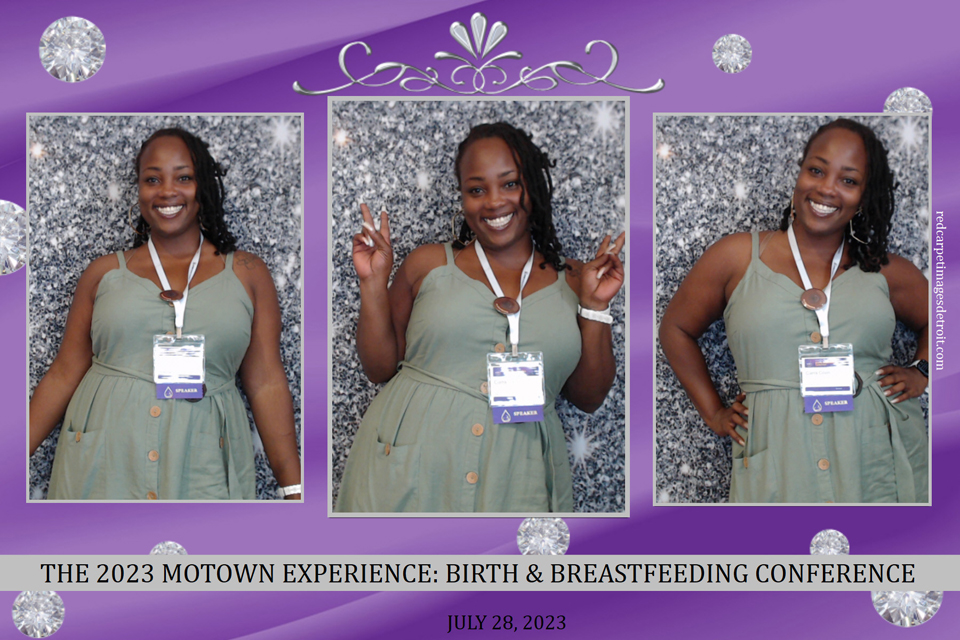
Recently, I had the extreme pleasure of attending the 2023 Motown Experience: Birth & Breastfeeding Conference hosted by the Black Mothers' Breastfeeding Association in Detroit, MI. This experience was one that I will never forget as it is my first time attending a non-HIV related conference, as well as my first time to Detroit. While my time there was quite short, I left feeling seen, heard, and full. Full of community and support, yes. But also full of anger and so, so many questions.
The first day of the conference was a unique experience that made me feel really connected with the city and the communities that are served through local organizations. Conference attendees loaded two different buses to tour community-based organizations that serve the area. I was well pleased to learn of services that are available to moms, specifically Black moms, in Detroit. There is therapy, baby and infant supplies, yoga, event spaces for baby showers, mentor and doula programs, access to free banked milk! … and the list went on. Having the opportunity to see how certain services and programs are implemented in other parts of this country was mind-blowing!
Day two was just as spectacular! It was here that the conference took shape in what I am used to in these spaces – keynote speakers and breakout sessions. But, still, this was different. ALL of the sessions were focused on different facets of the Black birthing experience. One of the sessions that I thoroughly enjoyed was that of doulas and the impact that they can have on the care received by Black birthing moms. It both saddened and infuriated me to hear of so many recent cases of maternal mortality experienced by Black women who had reported their symptoms to their providers yet did not receive the care that they should have. It was disheartening to hear reports that it remains a common belief that Black people can tolerate pain at a higher level than their counterparts.
(Nope. Forget that.
I'm dainty and delicate.
Treat me as so.)
Listening in on sessions hearing the trauma and mistreatment of other mothers who had braved the healthcare system with positive outcomes gave me a sense of comfort. Not because other women had been done some type of way but because it clarified that my experiences were not strictly due to my HIV status. For some reason, giving birth as a Black woman is a whole freaking ordeal and not to be taken lightly. AND THEN, HIV compounds that.
On this day, I had the amazing opportunity to participate in a very special presentation on the updated US recommendations for infant feeding for people like me, those who are living with HIV. Dr. Elizabeth Lowenthal, the pediatric doctor who treated my Zuri during my breastfeeding journey, co-presented with me to a full room of interested parents, doulas, medical providers, and staff. This moment was magical. Our working relationship has changed from her being my baby's provider to a colleague situation, where we can spread awareness to our communities of the importance of shared, informed decision-making for parents who are living with HIV.
This conference was like a breath of fresh air and very much needed. It gave me confidence to accept my role as an advocate for Black maternal and infant health, bridged a gap to Black birthing and breastfeeding community that I had previously counted myself out of, and sparked lightbulbs of researchers and providers as they return to their work. Mission accomplished.


